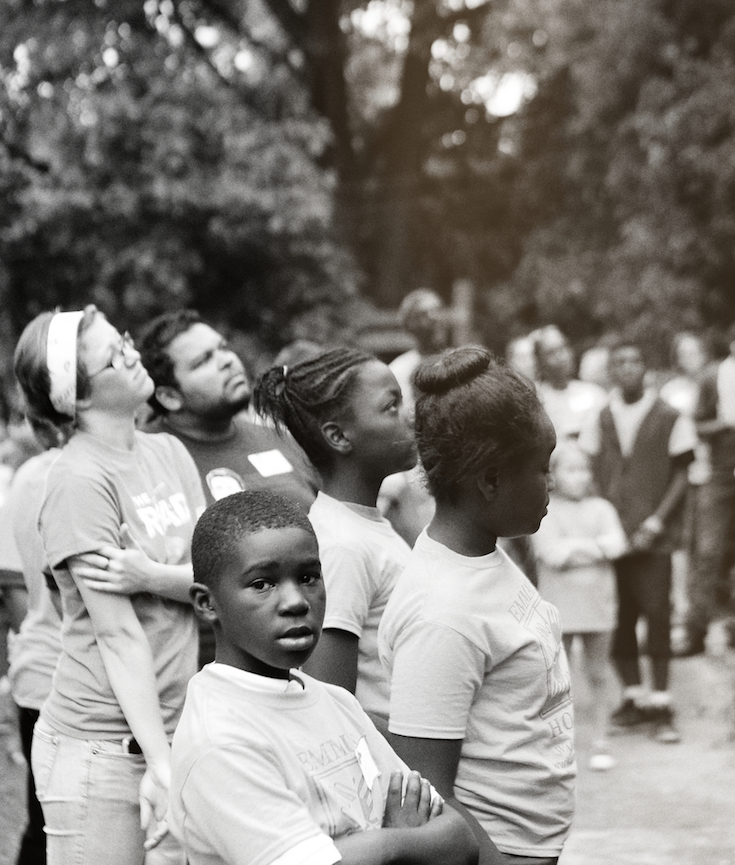[dropcap]Still[/dropcap] in operation today, it was established by Father Austin Ford, a white Catholic priest with the Diocese of Atlanta. The center was swiftly embraced by the predominantly African American local community. Although Emmaus House was in some ways typical of the Great Society-era antipoverty organizations that developed during the mid-to-late 1960s, it was unusual in the urban South, especially in Atlanta. Local black community members ran the center’s operations alongside white church staff members and a handful of volunteers (often white northern college students).
In the years that followed, Emmaus House became the wellspring of a distinctive Black Power-inflected grassroots social and economic justice activism shaped strongly by the feminist politics of local poor and working class black women. No one did more to define that activism than Ethel Mae Matthews, a local black mother and welfare recipient who, over three decades from the late 1960s onward, became one of the most committed and important advocates for social and economic justice in Atlanta.
[mc4wp_form id=”6042″]
NATIONAL MUSEUM OF AFRICAN AMERICAN HISTORY & CULTURE | WASHINGTON, DC
The National Museum of African American History and Culture is the only national museum devoted exclusively to the documentation of African American life, history, and culture. It was established by Act of Congress in 2003, following decades of efforts to promote and highlight the contributions of African Americans. To date, the Museum has collected more than 36,000 artifacts and nearly 100,000 individuals have become charter members. The Museum opened to the public on September 24, 2016, as the 19th and newest museum of the Smithsonian Institution. (Biography.com).






You must be logged in to post a comment.